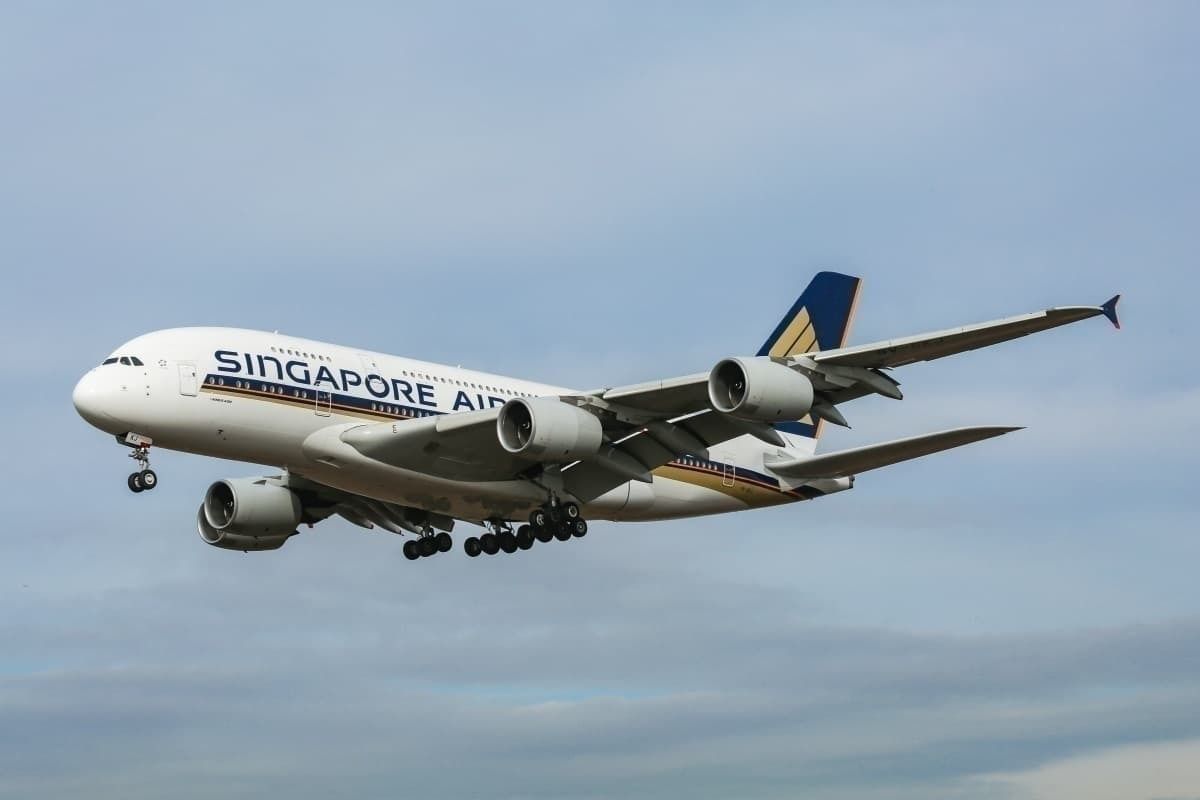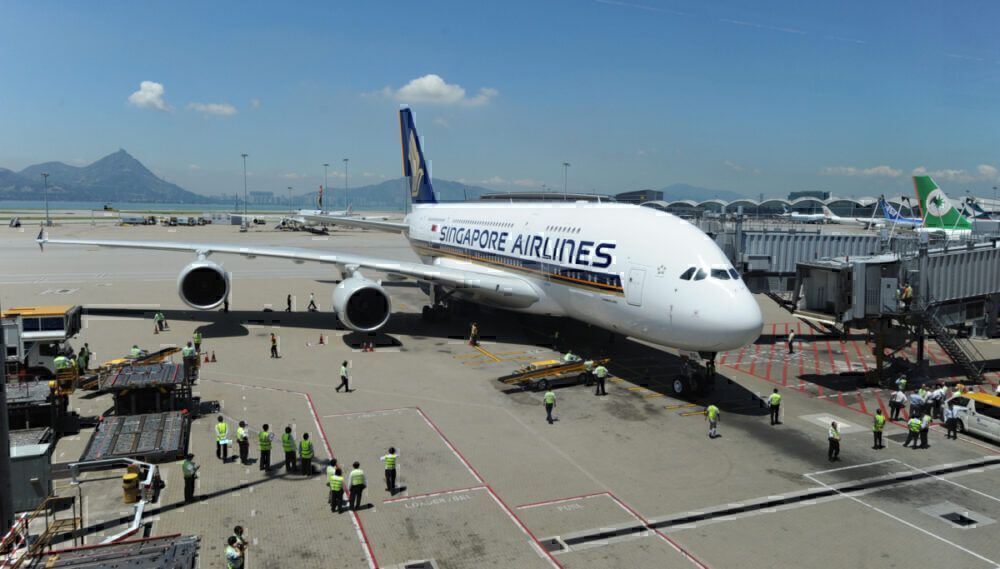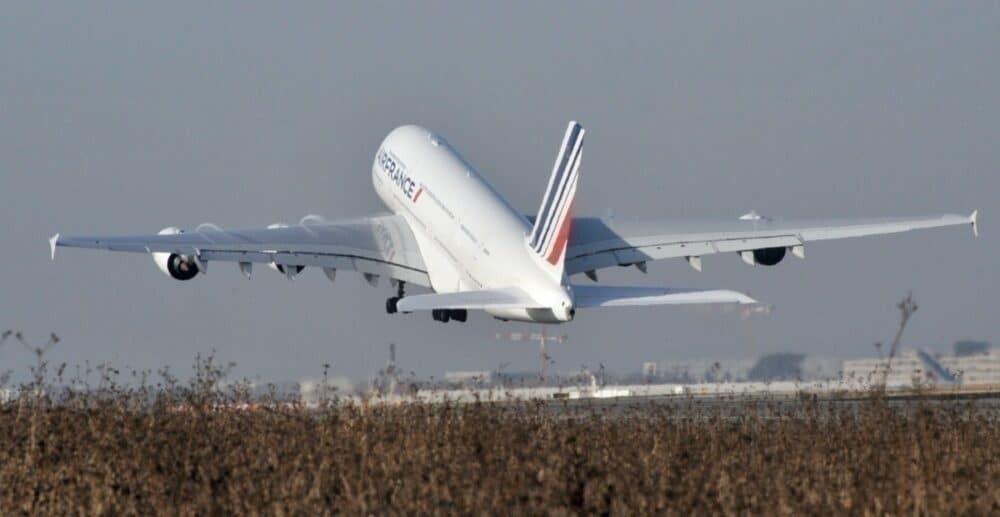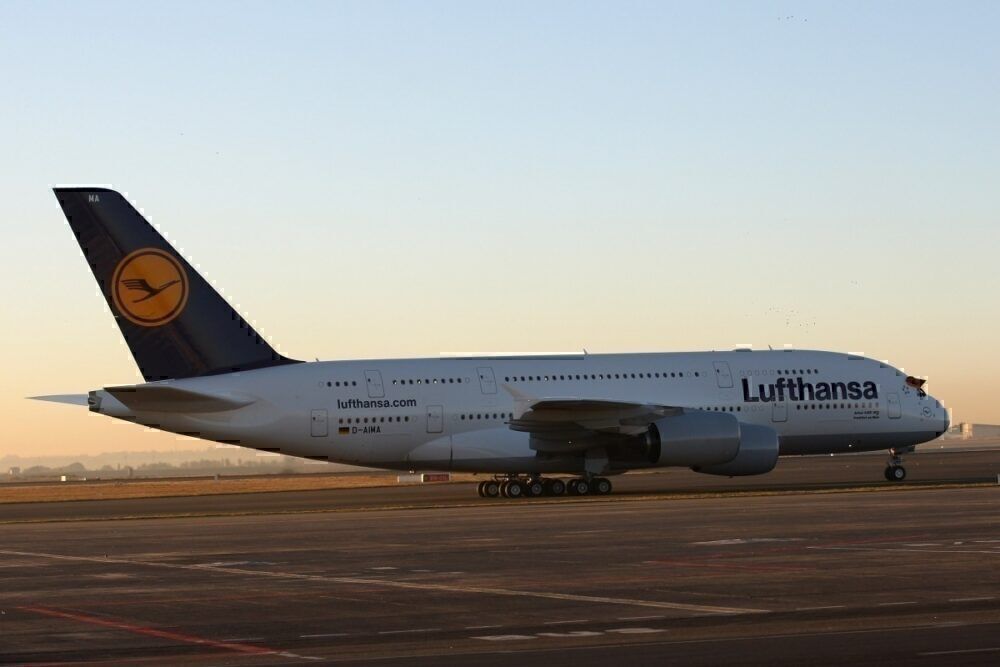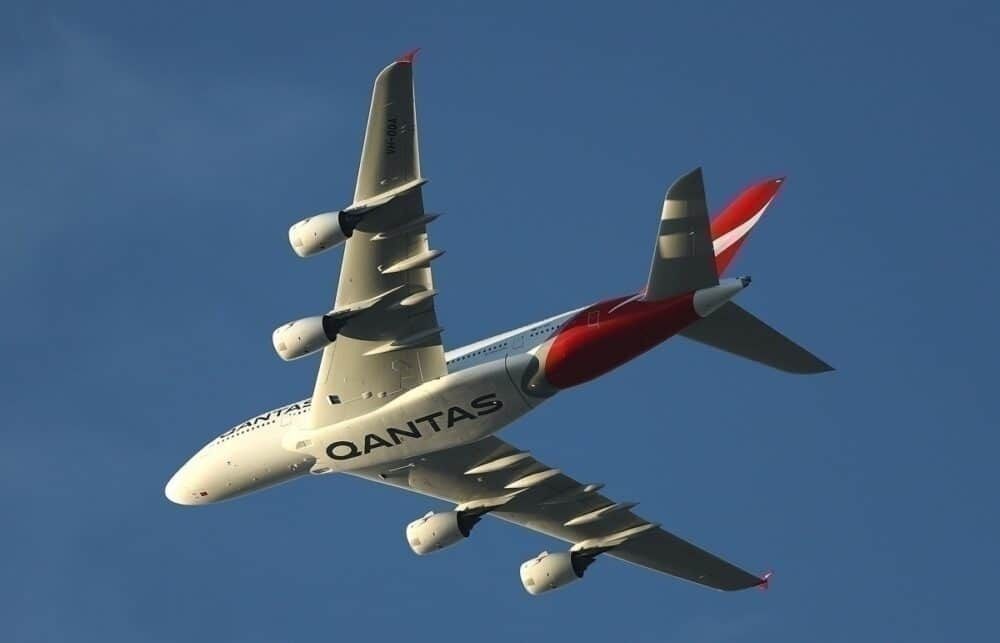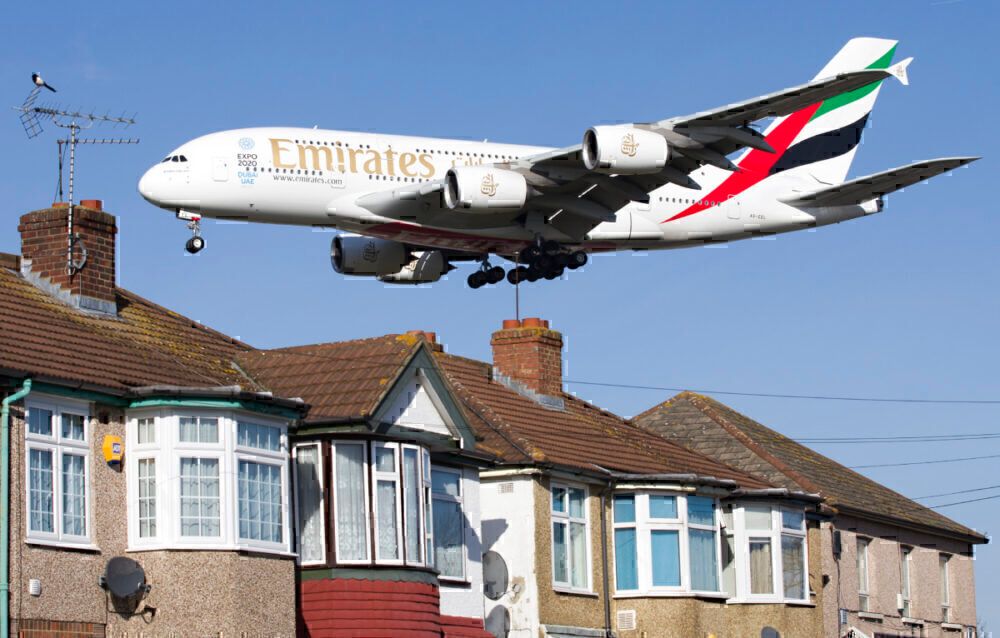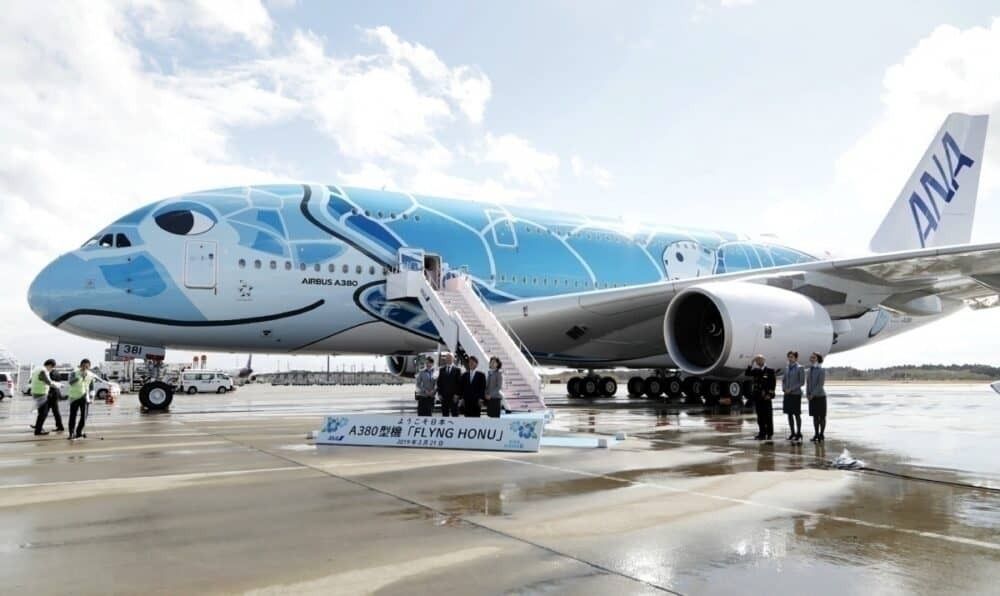Airbus ended its A380 program in February 2019, with the type considered obsolete considering the airline industry's contemporary demands. The last Airbus A380 was expected, at the time, to leave the assembly line in 2021. Back then, Singapore Airlines had already started retiring some of its A380s.
Meanwhile, the ongoing coronavirus pandemic has forced multiple carriers to begin their withdrawals prematurely. But when will the Airbus A380 have finally been withdrawn from all its customer airlines?
Stay informed: Sign up for our daily aviation news digest.
Airbus A380 operators past and present
The Airbus A380 has not enjoyed the commercial success that the Boeing 747 experienced. This was a significant factor in the cancellation of its production in February 2019. Despite this, the type has still seen service with a variety of airlines worldwide. Its operators past and present, listed by the month of the A380's first flight with each airline, are as follows:
- Singapore Airlines (October 2007)
- Emirates (August 2008)
- Qantas (October 2008)
- Air France (October 2009)
- Lufthansa (June 2010)
- Korean Air (June 2011)
- China Southern Airlines (October 2011)
- Malaysia Airlines (July 2012)
- THAI Airways (October 2012)
- British Airways (August 2013)
- Asiana Airlines (June 2014)
- Qatar Airways (October 2014)
- Etihad Airways (December 2014)
- Hi Fly Malta (August 2018)
- All Nippon Airways (May 2019)
Japan's largest carrier, All Nippon Airways, placed the final Airbus A380 order in 2016, purchasing three of the type. Airbus completed the assembly of the final A380 fuselage in September this year.
Effects of the pandemic
The ongoing coronavirus pandemic has had significant effects on the entire aviation industry this year. However, the Airbus A380 is an aircraft that has been hit particularly hard by the effects of COVID-19. The pandemic, at its peak, brought commercial air travel almost to a standstill. Passenger numbers subsequently experienced huge drops, rendering larger aircraft such as the A380 rather obsolete.
As a result, this prompted airlines to take the future of their A380 fleets into careful consideration. Air France took the most drastic measure, officially retiring its remaining nine superjumbos back in May. It had already planned to withdraw the type in 2022, but the dwindling passenger demand levels ultimately forced the French flag carrier to retire the type two years prematurely.
Air France is not the only European airline to have considered the future of its A380 fleet following this year's pandemic. As Simple Flying reported in September, it is also highly unlikely that Lufthansa's superjumbos will see commercial service with the German flag carrier again.
Long-term storage
Even if the Airbus A380 does eventually return to service among some of its operators, it will do so having, in most cases, spent months on the ground. THAI Airways, for example, operated six superjumbos before the pandemic struck. However, as reported by Simple Flying last month, these aircraft have not flown commercially since late-March/early-April.
While two of these have since flown to Rayong, Thailand for storage, the remaining four have sat stationary in Bangkok for over six months. This leads one to question whether they are likely to be part of THAI's long-term plans. In reality, however, this question can probably be asked for almost all of the type's remaining operators.
Qantas has also placed its A380 fleet into long-term storage, and does not expect to fly the type internationally until 2023. As reported by Simple Flying, the Australian flag carrier's superjumbos are currently in storage in California.
10 of these are sitting dormant in Victorville, with the remaining two having arrived for storage in Los Angeles (LAX) in late-March. Of this pair, one has since briefly taken to the skies for a test flight. This occurred in June, and the aircraft in question was VH-OQB (named Hudson Fysh).
Other withdrawal plans
Not all operators have been so clear in their plans for the future of their respective A380 fleets. Similarly, they have not all taken such drastic measures as those mentioned above. Carriers such as Emirates, for example, continue to operate the A380 to a limited extent. Indeed, the UAE's flag carrier still has a further eight examples on order.
The airline was originally planning on retiring its A380s after 12 years in service. As such, having first taken an A380 delivery in 2008, it will most likely use these aircraft to replace the A380s it is retiring shortly. The airline is scheduled to receive its last A380 aircraft in 2021. Based on Emirates' original projections of a 12-year service life, the airline looks set to continue flying the A380 until 2033.
Singapore Airlines was the first airline to retire the Airbus A380. One of its old superjumbos remains in service for Hi Fly. Qatar Airways, meanwhile, intends to start retiring its aircraft once they hit the 10-year mark. Having first taken delivery of an A380 in 2014, this should mean that Qatar's withdrawals of the type will commence accordingly in 2024.
Looking to the future
At this time, it is impossible to predict when exactly the Airbus A380 will actually retire from all airlines. While Emirates looks like the favorite to be the last operator of the type, it is important to consider the flexibility of Hi Fly's example. As a wet lease operator, Hi Fly may yet see long-term use of their A380 on short-term contracts. However, these are much harder to project than the more conventional model utilized by Emirates.
On the whole, the future for the Airbus A380 appears to be rather a bleak one. Whereas retired Boeing 747 aircraft have since found new leases of life as cargo aircraft, this will not be an option for the superjumbo. Although production was officially canceled before coronavirus struck, the pandemic certainly appears to have been the final nail in the A380's coffin.

